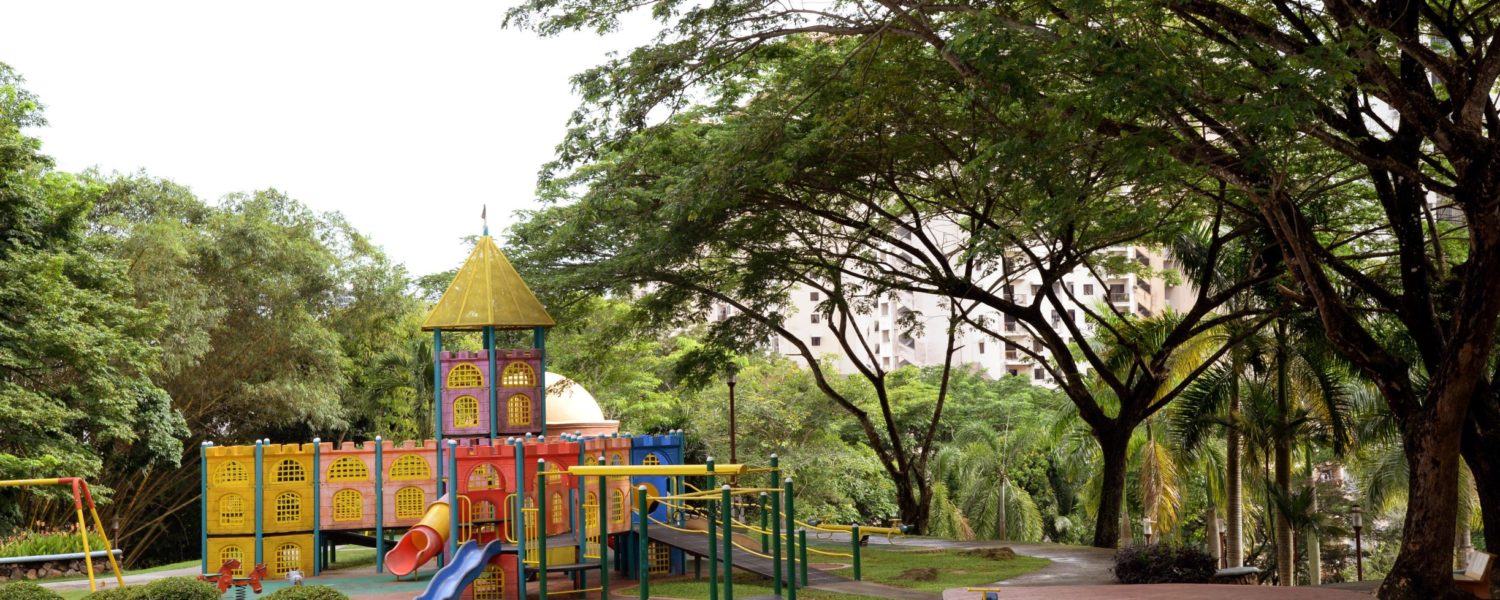Playgrounds have come a long way over the last decade. One of the most important movements in playground design has been using a more natural materials in the design of playgrounds.
When you use more natural elements, these are more enticing to both adults and children. By using natural shade, native plant life, trees, and water features this adds excitement to the playground. The natural design also offers a lot of benefits to everyone that uses them.
What Are Natural Playgrounds?
Natural playground can be defined as a play space that uses some sort of natural design elements such as rocks, soil, trees, plants, wood, and water.
We understand that exposure to nature is quite healthy and essential for the development of a healthy child. Children benefit from both the emotional health and physical health that playing in a natural environment can provide for them.
North Carolina State University conducted several studies that supported the benefits of children playing in a natural playground. Children that use a natural playground tend to have more educational success through engagement with living environments, better psychological and social development as well as more active living.
Benefits of Natural Playgrounds
Children that utilize a natural playground tend to have more diversity in their play opportunities. Since children are learning about nature, they tend to have better cooperative play and they’re more creative.
Their physical activities levels are increased because they’re using part of the environment and getting exercise. They use the outdoor environment as an educational tool because they have hands-on experiences and can bring the classroom outside.
The changes in the elements and the season’s give them new and different playing experiences.
Building Playgrounds
Schools, communities, local governments, and parents are looking to manufacturers and designers to help them plan and design playgrounds that are more natural.
Any play space that uses natural elements can increase the play value for the children and this is a benefit to everyone. GPS can be used to find the best suitable location for a playground that doesn’t interrupt the natural environment and the elements are conserved.
Having topography changes such as hills and other changes helps the children stay stimulated and engaged. You can embed various playground equipment in the topography for more variation.
There can be different pathways, entrances, and certain boundaries that use the natural topography to create an engaging play environment for the children. This adds more stimulation and excitement when they have challenges to overcome within the playground environment.
Adding in various plant materials and trees can enhance the comfort of the place space and add a great aesthetic appearance period trees and other plants can also help provide shade playground and this is an ideal spot for playground equipment.
Water elements can also be added to the playground that can also benefit the environment. These elements should be added with a degree of caution because you still must factor in public health considerations and safety.
Natural Playgrounds on the Rise
There is a movement towards creating more playgrounds that use natural elements. This gives children and adults and enhanced play experience. Areas are well designed but they are also safe for everyone who wishes to use the playground.
This information is courtesy of Playground Depot, which provides high-quality playground equipment for schools, churches, parks and daycares, www.playgrounddepot.com.










